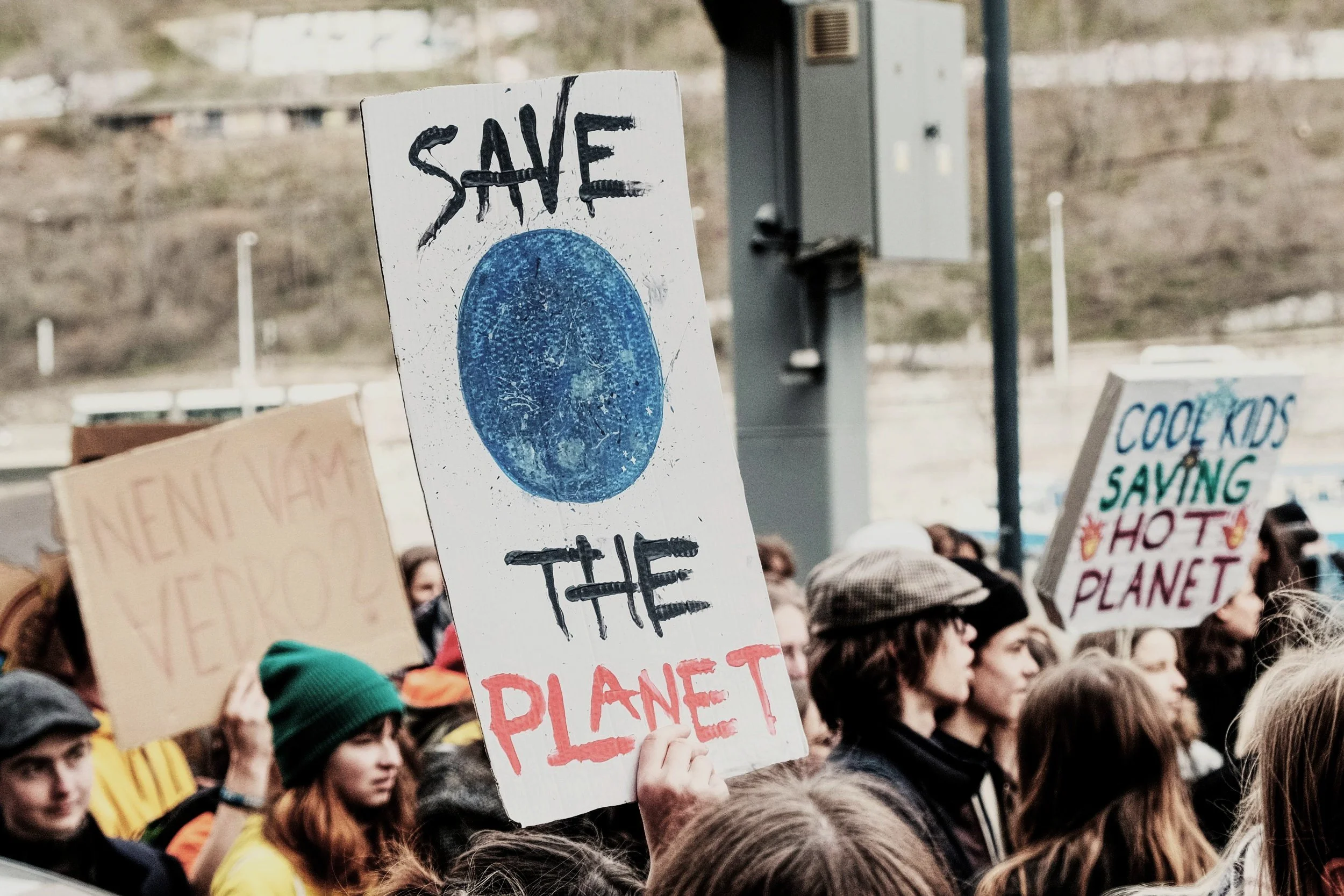The Missing “Just” in Vietnam’s Just Energy Transition Partnership (JETP)
Vietnam’s Unjust Energy Transition
Vietnam plays an important role when it comes to the region’s transition to clean energy. The country has a large and growing population (near 100 million), serves as a global manufacturing hub, has a soaring demand for energy, and currently still relies heavily on coal.
In 2021, the Prime Minister announced the country’s commitment to net zero emissions by 2050, and in late 2022 a $15.5 billion Just Energy Transition Partnership (JETP) was announced between G7 nations and Vietnam. Unfortunately, the JETP failed to include specific measures aimed at protecting and respecting the fundamental human rights of environmental and climate defenders in Vietnam.
The convictions of Bach and other environmental defenders are not only personal tragedies, but also significant steps backward for climate action in Vietnam. At a time when the Vietnamese Government and civil society need to be working together, the opposite is occurring.
The Vietnamese Government’s ongoing attacks against environmental and energy experts raise serious concerns about the ability of civil society to meaningfully monitor the implementation of the JETP. This is no accident.
Moving Vietnam toward renewable energy is crucial to mitigate climate change, however, many question the government’s commitment while high profile environmental and climate leaders are in jail.
Only when civil society is able to meaningfully participate in the partnership without fear of reprisals can a truly ‘just’ energy transition exist.
#StandwithBach #FreeThemAll

